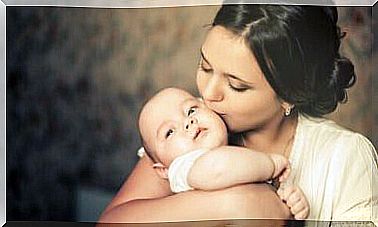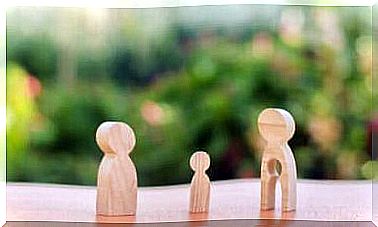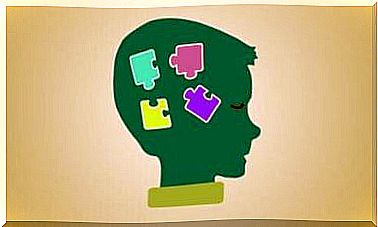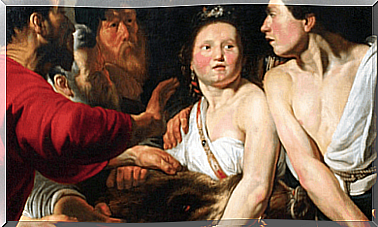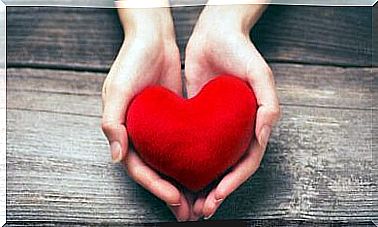Inequality And Its Psychological Impact
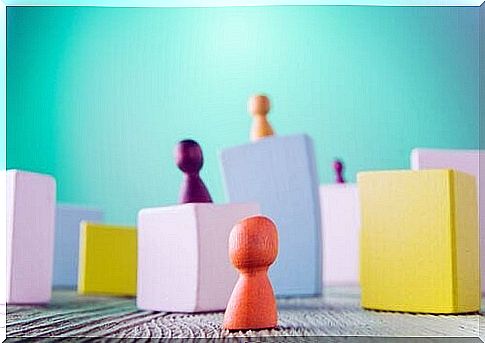
Inequality is a particularly present phenomenon in our society. In some respects it is more evident, in others less and this phenomenon applies to both money and opportunities.
Obviously, this affects our lifestyle and its quality. Indeed, inequality also has various psychological consequences.
The current context, characterized by difficulties and economic instability, tends to amplify the differences between social classes. There are three well-defined classes: the rich (who own almost everything), the middle class (which has little capital compared to that of the rich) and the poor (who own nothing).
The economy and the social class of belonging determine the psychological effects we are about to tell you about.
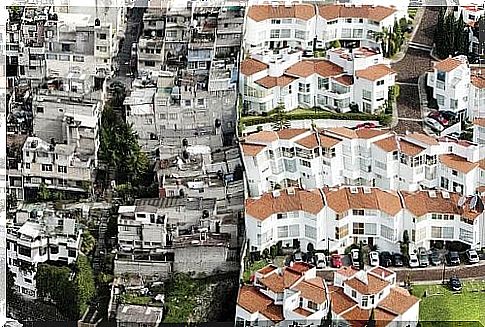
Inequality in everyday life
The social class to which we belong defines the way we perceive reality, the way we feel and our behavior.
People who belong to the poorer class think that the events that happen around them depend on external forces that escape their control. They are usually more empathetic and compassionate, they are selfless; in other words, they tend to take more positive actions towards others, without asking for anything in return. This, at least, by making a comparison with the rich class.
On the other hand, there is the economy, money. The difference between the amount of money owned by the richest and the poorest determines the economic inequality of a society. If in one social context the rich have twenty times more money than the poor and in another a thousand times more, the first example of society will have less economic inequality than the second.
People who belong to societies where inequality is strongest will be more distrustful of social and economic justice.
Inequality and social classes
We all grow up within a specific social class and most of us will always live in a class very similar to that of origin. For this, we develop a way of thinking, feeling and acting very similar to that of the people around us ; this also determines how we relate to others.
People who belong to a low social class tend to live in contexts of uncertainty, in which they feel particularly vulnerable and characterized by continuous external threats. This leads them to think that their actions and opportunities do not depend on themselves, but on external elements, which they cannot control. This causes them to be more sensitive to the surrounding context.
Those belonging to a higher social class will have more financial resources and their place in the hierarchy will be higher. They live in highly secure social contexts, where greater freedom of choice stands out and are characterized by stability.
For this reason, these people perceive that they have a considerable influence on the social context and – contrary to what happens in the lower class – they are more sensitive to the opinions of others. Although those in the lower class develop more empathy, those in the upper class are better able to recognize the emotions of the people they interact with (cognitive empathy).
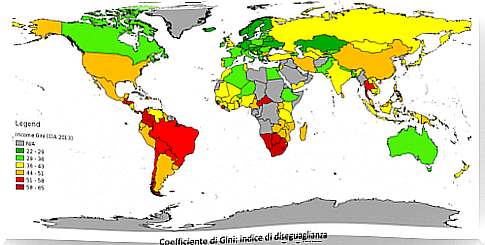
Economic inequality
It is clear that economic inequality is a consequence of the way in which economic resources are distributed within a society. It can be more or less homogeneous.
As we can see, societies characterized by inequality are more problematic for the poorest. Some may face health problems, obesity, unwanted pregnancy and drug abuse, as well as more crime. But that is not all; there are also psychological problems.
People who live in social contexts with a high rate of inequality are more demotivated and, therefore, unpleasant towards others and participate less in social activities.
There is less interaction, especially when living in different neighborhoods. On the other hand, societies where inequality stands out are more competitive. This involves the strong fear of being belittled, especially among people with a particularly low status; this despite the fact that the individual tends to overestimate himself in order to avoid it.
We live better in social contexts where inequality is less, as the material and psychological benefits are greater. On the other hand, the differences between social classes are smaller. Finally, the greater the inequality in a country, the more likely it is that the inhabitants will accept a society made up of inequalities or that they care little or nothing about it.
